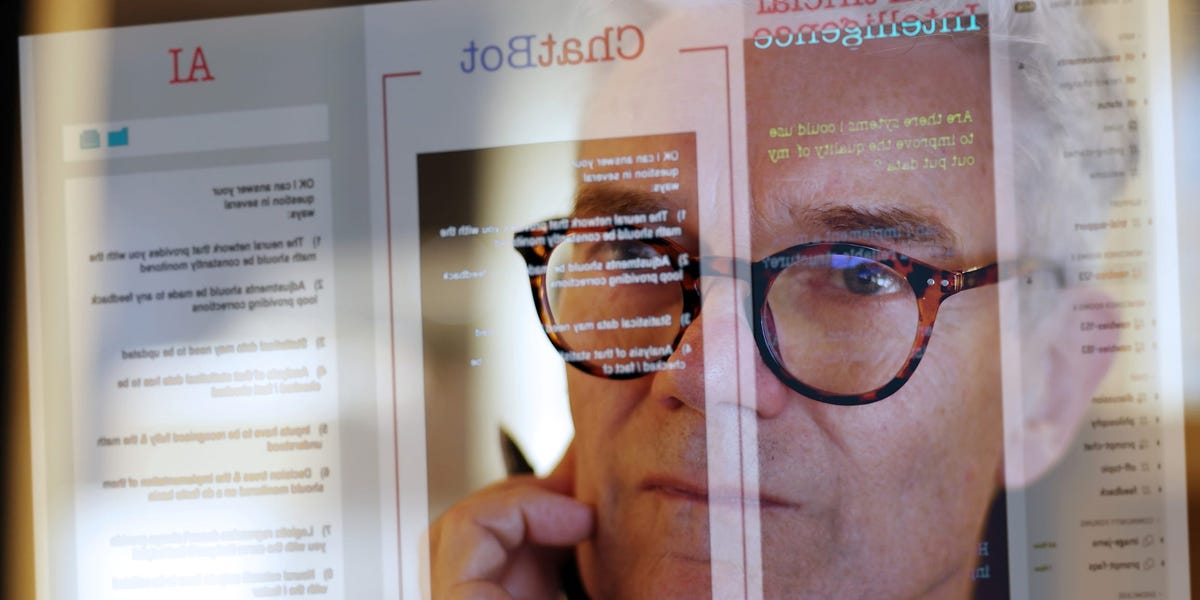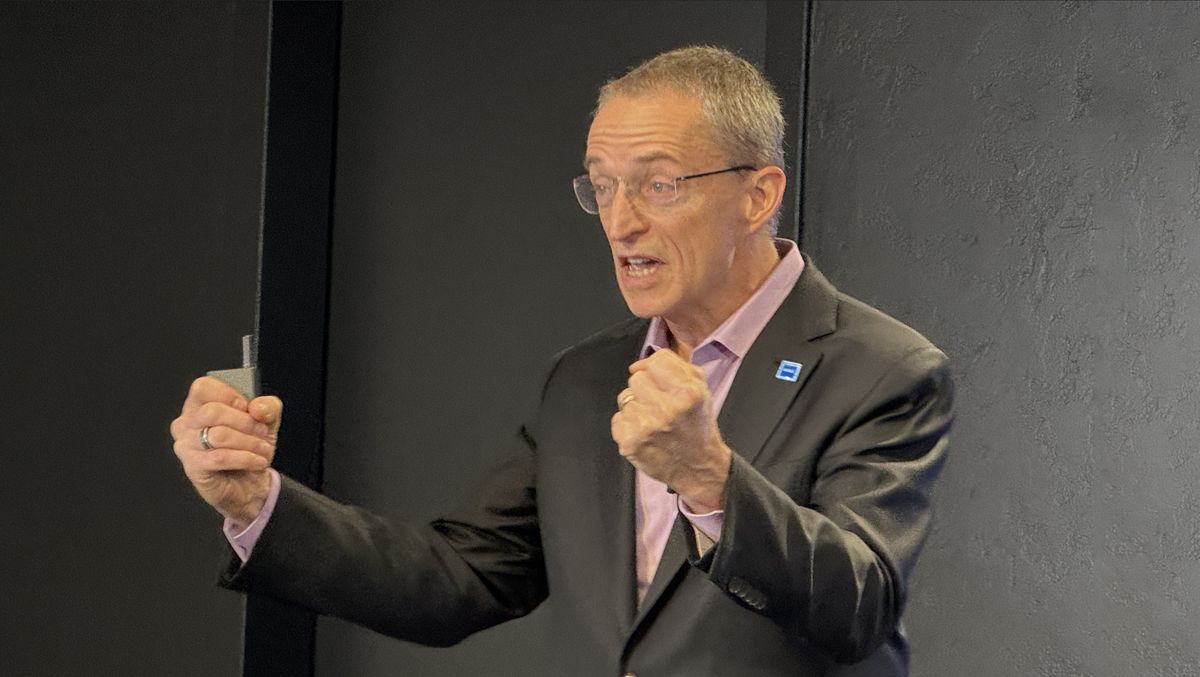Many individuals speculate that the younger generation of digital natives, particularly Gen Zers who grew up using smartphones equipped with facial recognition technology, would be more inclined to embrace artificial intelligence (AI) in the workplace to enhance productivity. However, a recent study suggests otherwise.
Ernst & Young, in collaboration with a third-party research team, conducted a study involving 1,000 full- and part-time American workers across different age brackets to explore evolving attitudes towards AI adoption.
Surprisingly, the renowned consulting firm found that older American employees exhibit a higher level of acceptance towards integrating AI in their work routines compared to their younger counterparts. 74% of Gen X respondents (born between 1965 and 1980) and 70% of millennials (born between 1981 and 1996) acknowledged utilizing AI tools like OpenAI’s ChatGPT in their professional settings.
Conversely, Gen Z participants, born between 1997 and 2005, presented a contrasting perspective. Only 63% of this demographic reported using AI technologies at work, indicating a lower adoption rate compared to older generations.
Researchers suggest that Gen Z workers may harbor doubts regarding the tangible benefits AI can offer, contributing to their reluctance towards its implementation in the workplace.
The level of trust in AI among employees, spanning from the youngest to the oldest cohorts, extends beyond concerns of safety and security to encompass the efficacy of the technology itself. Marcie Merriman, the head of EY for cultural insights in the Americas, highlights the significance of perceived value and functionality in shaping employees’ attitudes towards AI integration.
Merriman further speculates that the variance in comfort levels with innovative technologies between younger and older demographics may influence their readiness to embrace AI at work. While Gen X employees exhibit a willingness to navigate complex technological challenges to stay abreast of rapid advancements, Gen Z individuals, accustomed to AI tools from a young age, may pivot swiftly if they perceive AI as ineffective.
Dan Diasio, EY’s Global Head of Artificial Intelligence, emphasized to Business Insider that Gen Z’s upbringing in a tech-savvy environment has heightened their discernment of AI’s efficacy, prompting them to swiftly transition to alternative solutions if AI fails to meet expectations.
For some Gen Z professionals, AI integration has proven beneficial in their roles. For instance, 20-year-old content creator Morgan Young shared her positive experience using ChatGPT to streamline research processes and generate innovative ideas efficiently, ultimately enhancing her productivity and output quality.
The impact of AI on employee performance remains a subject of debate. While certain studies suggest that AI streamlines tasks and saves time, others caution that overreliance on tools like ChatGPT may potentially hinder worker performance instead of enhancing it.





